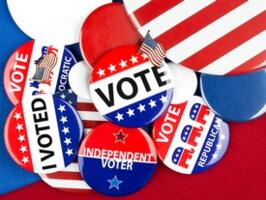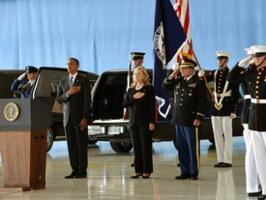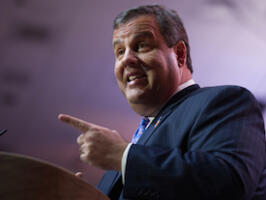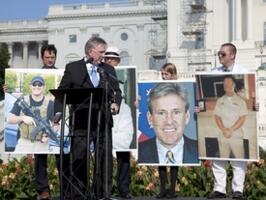Mississippi Senate: Cochran (R) 46%, Childers (D) 34%
Incumbent Thad Cochran, coming off his narrow win in Tuesday’s testy Republican primary runoff, still holds a double-digit lead over Democratic challenger Travis Childers in Mississippi’s U.S. Senate race.
The latest Rasmussen Reports statewide telephone survey of Likely Mississippi Voters finds Cochran with 46% support to Childers’ 34%. Ten percent (10%) prefer some other candidate, while nearly as many (9%) are undecided. (To see survey question wording, click here.)
(Want a free daily e-mail update? If it's in the news, it's in our polls). Rasmussen Reports updates are also available on Twitter or Facebook.
The survey of 750 Likely Voters in Mississippi was conducted on June 25-26, 2014 by Rasmussen Reports. The margin of sampling error is +/- 4 percentage points with a 95% level of confidence. Field work for all Rasmussen Reports surveys is conducted by Pulse Opinion Research, LLC. See methodology.



















